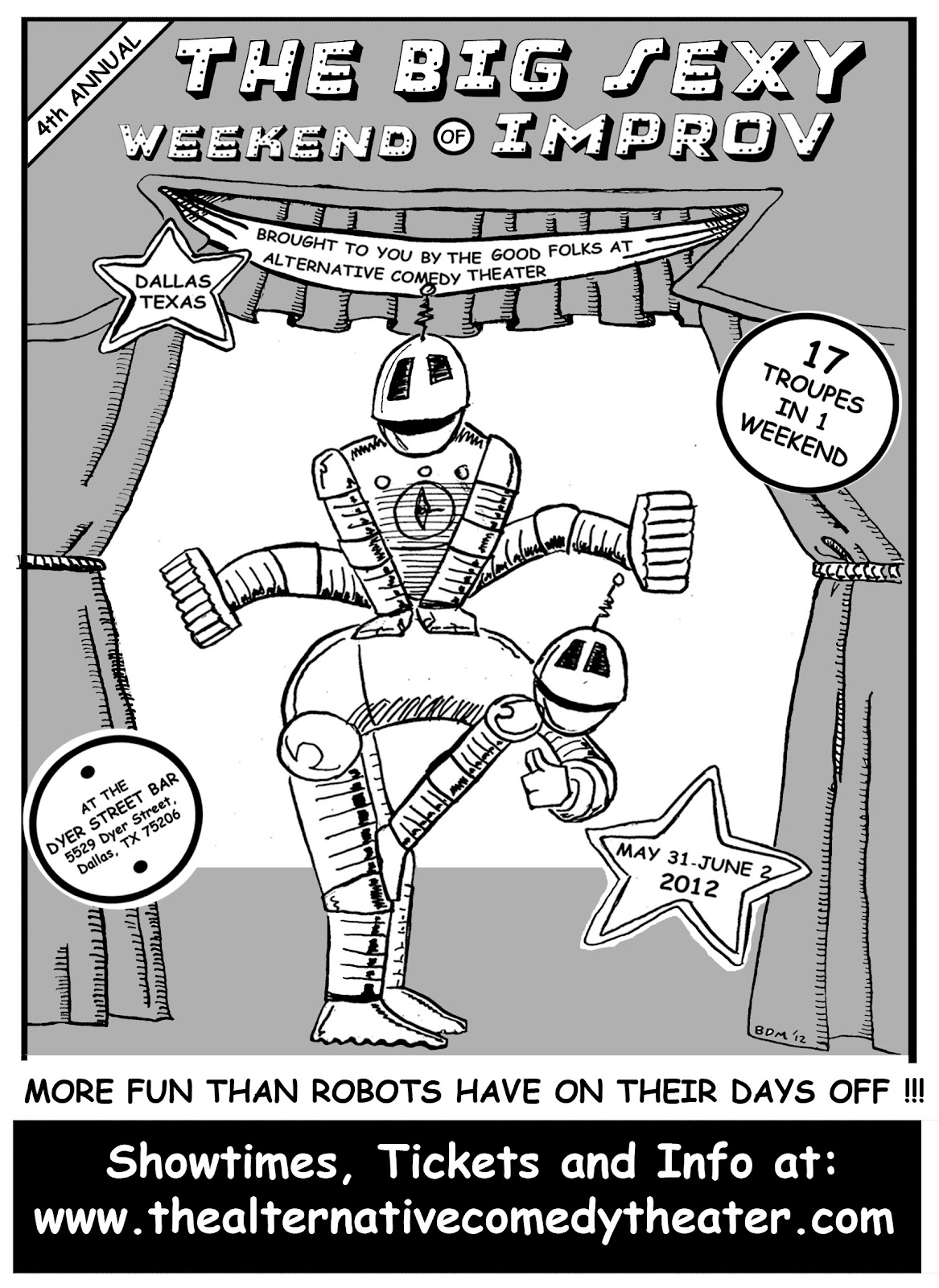Lily Tomlin: Timeless Tomlin
Lily Tomlin: Timeless Tomlin
Lily Tomlin is ready to misbehave: “Oh I love it, I want to misbehave more,” she said in a late January phone interview. Hard to fathom how she could.
As Putsy in the webcast turned Showtime series Web Therapy, she gets sent to an asylum by therapist daughter Fiona (played by series creator Lisa Kudrow), where she deals drugs, kills off a roommate, and ends up in jail, all while carrying on conversations with sock puppets. In Tomlin’s current ABC series Malibu Country, she plays Reba McEntire’s mother, Lillie Mae MacKenzie, who relocates with the singer from Nashville to California. Lillie Mae dallies with younger men, kidnaps her grandson, and develops a yen for medical marijuana lollipops. In the upcoming movie Admission, she wrecks havoc as the shotgun-toting feminist mother of Tina Fey’s character.
Loving this late-blooming Lily! The hints of mischief she’s always shown are now in full flower. Such are the perks of being 73. Women of a certain age tend to go semi-feral because they just don’t care anymore about appearances or what anyone thinks. “Right, right, right, yes I know,” Lily enthused. “Blessed me, as they say.”
On the flip side, Tomlin lamented in our interview the continual passage of aunts, uncles and cousins—the last direct ties to her much loved mother and father. She spun tales from the annual family reunion and discussed spending time videotaping relatives back home in Kentucky and the Midwest “before they go away.”
Expect some of these voices and vignettes to be part of the ever-evolving, but always unfiltered, “An Evening With Lily Tomlin,” on Sunday, February 10 at the Winspear Opera House of the AT&T Performing Arts Center. “I talk about my mother and dad and my brother, but they’re tied to universal references and material, and not just particular to me. The stories I hope are human and familiar. I wouldn’t do it if I didn’t think it was timeless.”
Such childhood reflections are the roots of Tomlin’s humor, the life experiences from which it arose. “During the year I lived in Detroit in a very racially mixed neighborhood, and every summer I went to rural Kentucky. I saw a lot of different kinds of people and I’m sure that was pretty inspiring to me,” said Tomlin.
“Growing up the way I did with so many different kinds of people, different cultures and ethnicities and religions, you can’t help but either loathe the human race or somehow have a great affection for it. I ended up with the affection. When I got to be any age at all, I started making fun of the neighbors and telling stories on everybody that I thought were worth something. Because whatever delighted me about people, I thought I would embody that and show everybody else how delightful it was. ”
An artful crafter of the solo show, Tomlin weaves topical ruminations and stories, comic bits and video clips, with monologues from characters that might include waifish Edith Ann, uber strict Ernestine, sensible Mrs. Beasley, gospel preaching Sister Boogie Woman, prudish priss The Tasteful Lady, and homeless UFO aficionado Trudy. Some characters like Ernestine update with the times: “She’s had quite a few jobs since the divestiture of AT&T. Now she works for a health insurance corporation, denying health care to people,” a sentiment expressed not flippantly, but with true concern in her voice.
“If there’s an overriding theme,” Tomlin continued, “it’s just humanity, the current state of things with the economy, politics and government, mental health and everything else, and then filling that out with different characters to show the human experience, the human condition, as much as I can. Because from the beginning most everything of what I do is informed by that embrace of the species. It still can be edgy or satirical, it can be critical, but ultimately there’s something about it that’s embracing or forgiving or accepting.”
It’s a deepening time for the barbed, but always humane, Tomlin—an emerging personal voice and a sharpened awareness of mortality. She discussed Jean Carroll, the first female comic on the Ed Sullivan Show, whom she used to watch with her mother, and marveled how at age 97 Carroll did a ten-minute set at a Friar’s Club tribute. She related imitating Carroll, Imogene Coca and Bea Lillie in home shows for the family. Such talk of classic female comics led to Phyllis Diller, who invited Tomlin to dinner and got her sloshed on giant martinis. Tomlin loved all them all, but gave a rueful sigh: “I guess someday I’ll be seen as ‘a comedian of that era’ too.”
site: http://www.lilytomlin.com/
classic site: http://classic.lilytomlin.com/
Original post at: http://artsandculturetx.com/timeless-tomlin/

